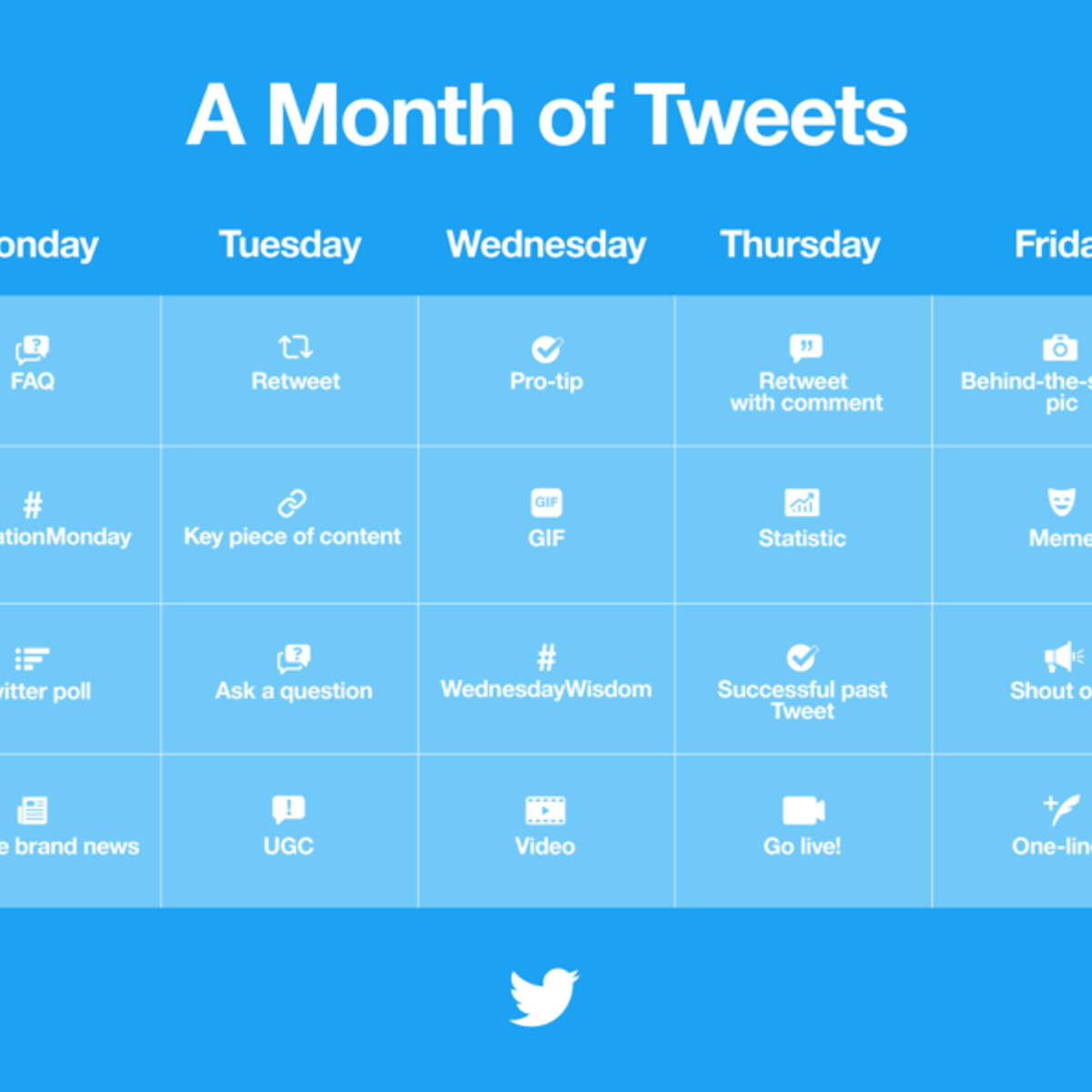Back to Courses









Business Essentials Courses - Page 28
Showing results 271-280 of 645

Advanced Business Analytics Capstone
The analytics process is a collection of interrelated activities that lead to better decisions and to a higher business performance. The capstone of this specialization is designed with the goal of allowing you to experience this process. The capstone project will take you from data to analysis and models, and ultimately to presentation of insights.
In this capstone project, you will analyze the data on financial loans to help with the investment decisions of an investment company. You will go through all typical steps of a data analytics project, including data understanding and cleanup, data analysis, and presentation of analytical results.
For the first week, the goal is to understand the data and prepare the data for analysis. As we discussed in this specialization, data preprocessing and cleanup is often the first step in data analytics projects. Needless to say, this step is crucial for the success of this project.
In the second week, you will perform some predictive analytics tasks, including classifying loans and predicting losses from defaulted loans. You will try a variety of tools and techniques this week, as the predictive accuracy of different tools can vary quite a bit. It is rarely the case that the default model produced by ASP is the best model possible. Therefore, it is important for you to tune the different models in order to improve the performance.
Beginning in the third week, we turn our attention to prescriptive analytics, where you will provide some concrete suggestions on how to allocate investment funds using analytics tools, including clustering and simulation based optimization. You will see that allocating funds wisely is crucial for the financial return of the investment portfolio.
In the last week, you are expected to present your analytics results to your clients. Since you will obtain many results in your project, it is important for you to judiciously choose what to include in your presentation. You are also expected to follow the principles we covered in the courses in preparing your presentation.

Effective Communication Capstone Project
In the Effective Communication Capstone learners apply the lessons of Business Writing, Graphic Design, and Successful Presentation to create a portfolio of work that represents their mastery of writing, design, and speaking and that expresses their personal brand. The portfolio includes three individual elements—a written memo, a slide deck, and a presentation—integrated around a single topic. We provide the elements for a basic capstone, but we also invite our learners to create their own project if they so choose. This self-designed "Challenge Capstone" allows learners to engage meaningfully in their world by choosing a project relevant to their current job or by volunteering to write, design, and speak for a social organization of their choice.
By successfully undertaking the Capstone, learners will accomplish three main goals: 1. They will hone their writing, design, and speaking skills and build a portfolio for a job search and/or professional application; 2. They will shape these skills into a unique brand identity; and, if they choose, 3. They will undertake a transformative effect in the world around them. Ultimately, the importance of Capstone portfolio is greater than the sum of its individual parts. Its true goal lies in each student’s personal transformation and expression of their best selves. We invite you to unleash your skills and we can't wait to see the results!
This course can be taken for academic credit as part of CU Boulder’s Master of Science in Data Science (MS-DS) degree offered on the Coursera platform. The MS-DS is an interdisciplinary degree that brings together faculty from CU Boulder’s departments of Applied Mathematics, Computer Science, Information Science, and others. With performance-based admissions and no application process, the MS-DS is ideal for individuals with a broad range of undergraduate education and/or professional experience in computer science, information science, mathematics, and statistics. Learn more about the MS-DS program at https://www.coursera.org/degrees/master-of-science-data-science-boulder.

How to create a content calendar to tweet consistently
In this 1-hour long guided tutorial, you will learn how to create a content calendar to tweet consistently.
Note: This tutorial works best for learners who are based in the North America region. We're currently working on providing the same experience in other regions.

Introduction to Public Speaking
This course gives you a reliable model for preparing and delivering effective presentations.
In business, in school, and in public life, we are often called upon to “make a few comments.” Often, people tasked with such speeches become flummoxed. They might not know what to talk about, or ramble without making a point, or simply be confusing to listen to. This course is designed to help you shine where others falter.
We’ll learn how organize talks clearly, write them memorably, and deliver them confidently. By the end of the course, you should be able to significantly reduce your fear of public speaking, use rehearsal techniques to develop a strong, vibrant speaking voice, and perform speeches with dynamic movement and gestures. The speech model that we’ll practice is useful for briefings, elevator talks, interviews, and even as a structure for hour-long presentations.
If you’re a beginner, this course will help you quickly master the fundamentals of speaking. If you’re a seasoned speaker, this course will help you better understand public speaking and push you to the next level.

English for Effective Business Writing
This course aims to improve your Business English writing skills by developing your use of vocabulary, grammar, understanding of different business writing genres, and your ability to write professional business documents. Skills learned in this course will be used in the cross-cultural communications course and help prepare you to produce the professional business documents in the Capstone project.
After completing this course, you will be able to:
- write business emails
- write an executive summary
- write persuasively in English
- adapt content to purpose, context and audience
- use appropriate style and tone of writing for business purposes

Salesforce Capstone: Organization Integration
In Salesforce Capstone: Organization Integration, the final course of the Salesforce Fundamentals Specialization, learners will complete the Business Administration Specialist Superbadge as their main project. This project asks learners to combine all the skills and knowledge areas that they have collected from the previous three courses. Skill areas to be demonstrated include cleaning and importing account data, adding users and managing access, building email templates for new marketing needs, configuring UI tools for a new product type, generating reports and dashboards, managing and applying Chatter tools, and participating in the deployment of Salesforce within an organization. In addition to the project, the course includes a peer discussion opportunity, a demonstration video, and a peer review assignment. Completion of the Salesforce Fundamentals specialization and the Business Administration Specialist Superbadge prepares learners to take the Salesforce Administrator exam.

Six Sigma Tools for Define and Measure
This course is for you if you are looking to learn more about Six Sigma or refresh your knowledge of the basic components of Six Sigma and Lean. Six Sigma skills are widely sought by employers both nationally and internationally. These skills have been proven to help improve business processes and performance. This course will cover the Define phase and introduce you to the Measure phase of the DMAIC (Define, Measure, Analyze, Improve, and Control) process. You will learn about Six Sigma project development and implementation, you will become familiar with project management tools, you will be introduced to statistics and understand its significance to Six Sigma, and finally you will learn about data collection and its importance to an organization.
Every module will include readings, videos, and a quiz to help make sure you understand the material and concepts that are studied. You will also have the opportunity to participate in peer review exercises to give you the opportunity to apply the material to your daily life.
Our applied curriculum is built around the latest handbook The Certified Six Sigma Handbook (2nd edition) and students will develop /learn the fundamentals of Six Sigma. Registration includes online access to course content, projects, and resources but does not include the companion text The Certified Six Sigma Handbook (2nd edition). The companion text is not required to complete the assignments. However, the text is a recognized handbook used by professionals in the field. Also, it is a highly recommended text for those wishing to move forward in Six Sigma and eventually gain certification from professional agencies such as American Society for Quality (ASQ).

Improve Business Performance with Google Forms
By the end of this project, you will create and execute a customer satisfaction survey using Google Forms, and then analyze the form responses. Creating your survey will depend on what your company wants to analyze. Are customers satisfied with the products offered? Or, are customers satisfied with the services offered? You have the option of deciding the specifics of the survey based on your company’s needs. In this course, you will create a survey to determine if customers are satisfied with the services of an appliance repair company. Once you have created and collected your survey responses, you will analyze the results using graphs provided by the Google form. Graphs are a great visual tool that allows you to quickly see different trends occurring within your business, instead of having to shuffle through pages of a report. In this project, your graph will visually show you customer satisfaction ratings. Creating a survey gives you the ability to review customer feedback, and allows you to more accurately adjust your business practices to fit the needs of your customers. Doing so will help your company improve products and/or services for increased customer satisfaction, and in the long run, increase your business’s bottom line.
Note: This course works best for learners who are based in the North America region. We’re currently working on providing the same experience in other regions.

Risk, Return and Valuation
This course is part of a Specialization titled “Strategy and Finance for a Lifecycle of a Social Business”, with a follow-on project-based course on understanding and evaluating a business focused on addressing a societal issue. The beauty of a modern decision-making framework is that it can be used to understand value creation at any level – the individual or business or societal. The applications however become increasingly complex as your lens expands from the individual to the corporate/nonprofit to the global society.
There are two building blocks of modern decision making – time value of money and risk.
This is because all decisions are made with consequences for the future which, in turn is uncertain. A deep understanding of the value of time and risk is therefore key to understanding value creation.
This course is an introduction to the second building block of decision-making: risk and return. We not only introduce risk and return, but also put together our understanding of time value of money and cash flows developed in the preceding three courses of this Specialization, to value projects and companies.
As indicated at the outset, the beauty of modern frameworks and tools of analysis is that they are logical and do not change depending on the purpose of business. However, to demonstrate social impact is very complex because prices for both the public good, and any harm created by our actions, are not available. It is also very challenging to determine the incremental effect of a business on society at large. The combination of these issues makes all social impact and value specific to a business, making it even more important to use the same frameworks and tools developed in this Specialization to value any business.

Salesforce Integration
Salesforce Integration explores why data management is so important, how Salesforce can help organize and display reported data to gain insight into trends and patterns, and how to automate manual business procedures. Learners will specifically practice creating custom automation process, building work flows, and performing data modeling. The course includes in-depth readings and practical application activities within Salesforce's Trailhead education platform, peer discussion opportunities, demonstration videos, and peer review assignments.
Popular Internships and Jobs by Categories
Find Jobs & Internships
Browse
© 2024 BoostGrad | All rights reserved